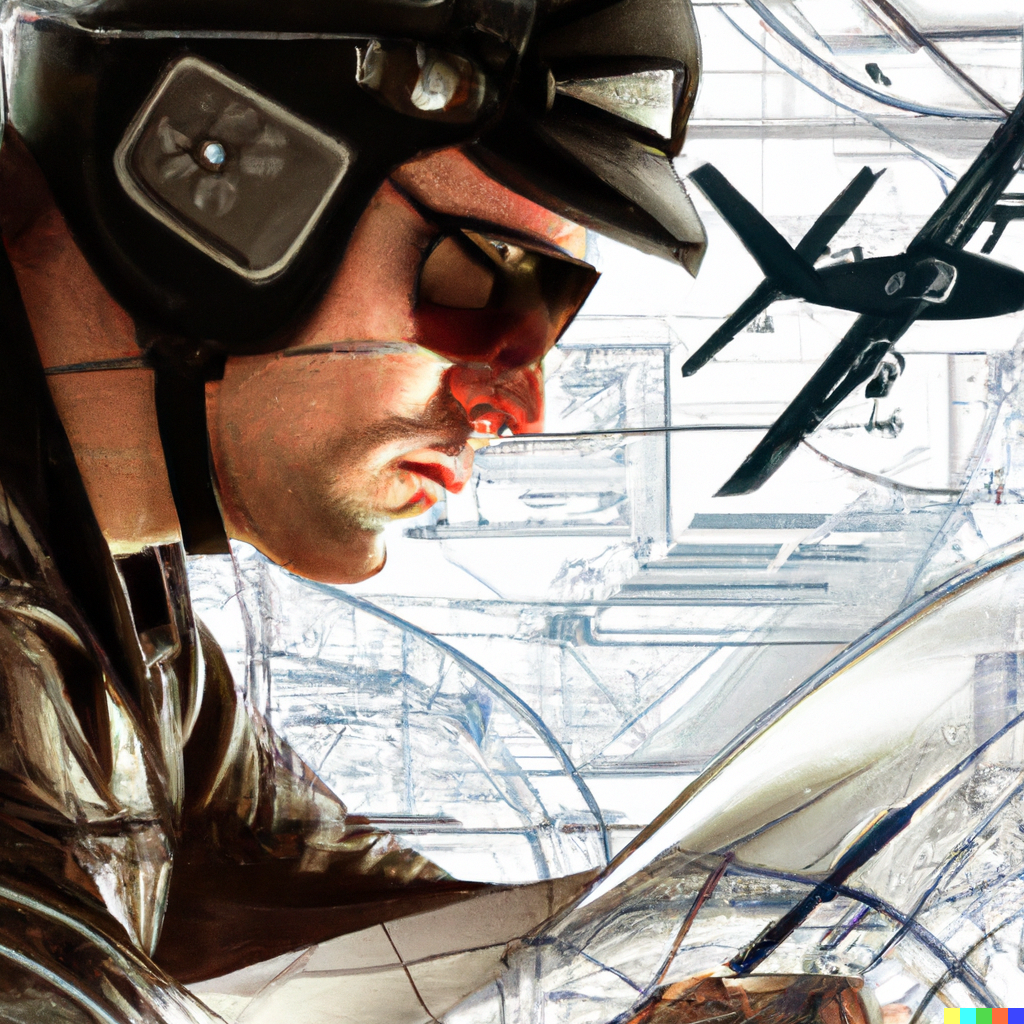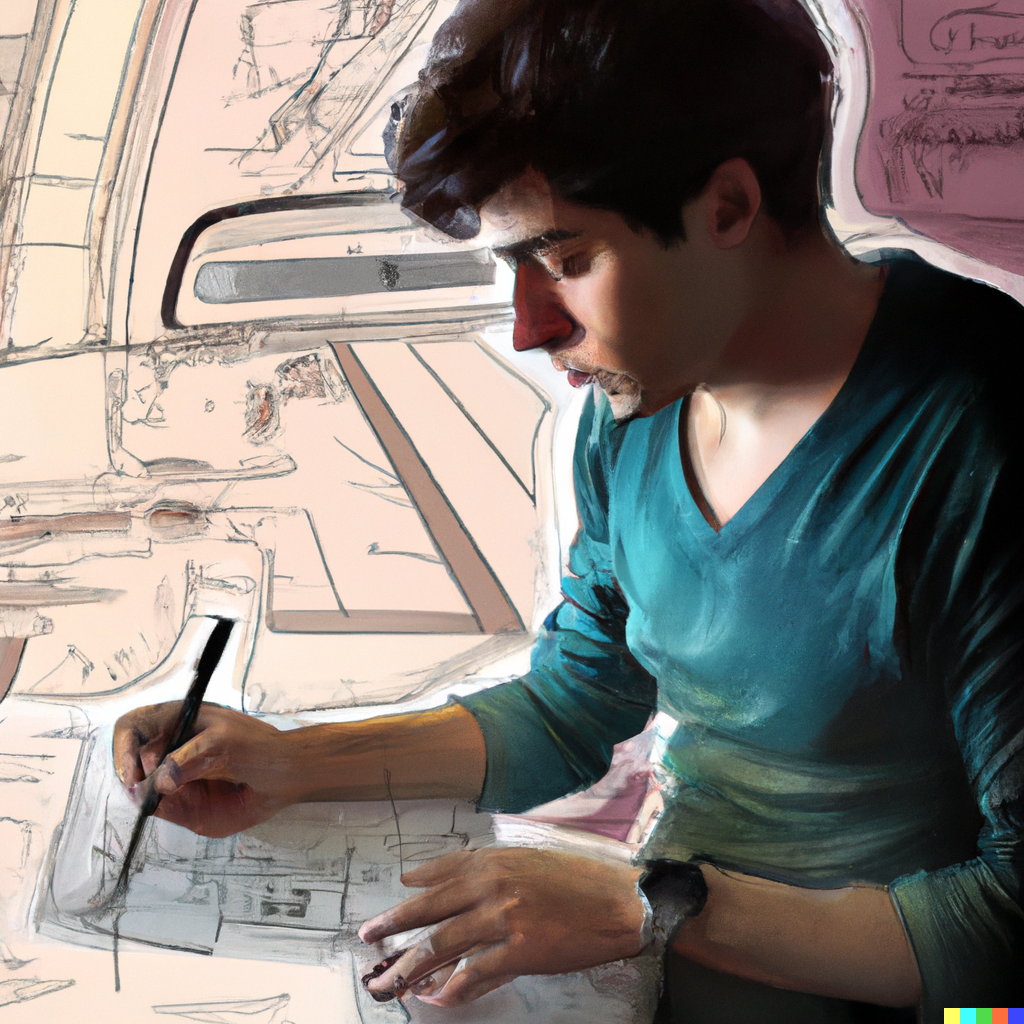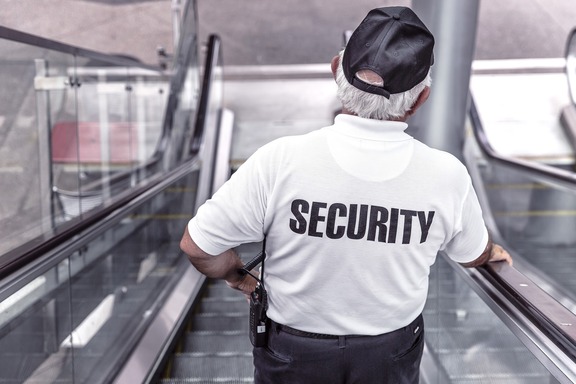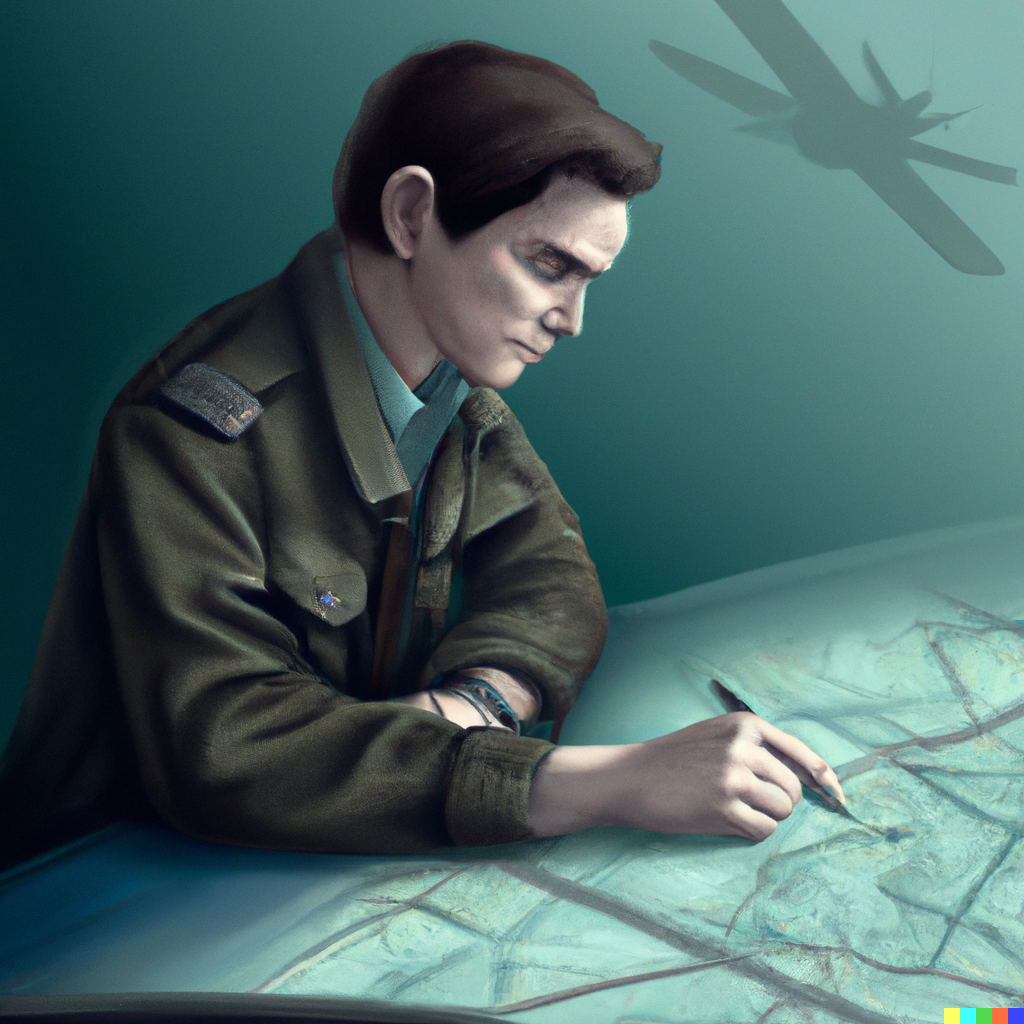Bridging the Sky: Navigating Pilot and Aircraft Mechanic Careers
Alexander Kellerson

Welcome to Bridging the Sky: Navigating Pilot and Aircraft Mechanic Careers. In this comprehensive guide, we aim to provide you with all the essential information you need to pursue these high-flying careers. Let's explore the world of aviation from two unique perspectives - the pilot who navigates the aircraft, and the mechanic who ensures its optimal performance. We'll dive deep into the educational requirements and certification processes for both professions, touch on the essential skills needed to excel as an aircraft mechanic, discuss the critical role of medical fitness in aviation, and lastly, shed light on the financial aspects of aviation training. So, fasten your seatbelts and prepare for an exciting journey into the heart of the aviation industry.
Educational Requirements for Pilots
To become a pilot, one must embark on a rigorous journey of education and training. It usually begins with a high school diploma or equivalent, followed by a Bachelor’s degree, preferably in aviation, physics, or related fields. Furthermore, a prospective pilot must attend a certified flight school where they receive comprehensive training and accumulate flight hours. This educational path ensures that pilots are equipped with the knowledge and skills necessary to navigate the skies safely and efficiently. It's a challenging path, but the rewards of a piloting career are well worth the effort.
Pilot Certification Process
The journey to becoming a pilot begins with obtaining the necessary certifications, a process that is both challenging and rewarding. The first step is to earn a Private Pilot License (PPL), which requires at least 40 hours of flight time and passing both a written and practical test. Once the PPL is acquired, aspiring pilots can advance towards the Commercial Pilot License (CPL), which demands a minimum of 250 flight hours and mastering more complex flying skills. With the CPL in hand, pilots can then opt for an Airline Transport Pilot License (ATPL), the highest level of pilot certification that requires an impressive 1,500 flight hours. This rigorous certification process ensures that pilots are well-equipped with the skills and knowledge necessary to safely navigate the skies.
Essential Skills for Aircraft Mechanics
Aircraft mechanics need to possess a unique blend of skills to excel in their role. Technical proficiency is a must, with a deep understanding of aircraft systems, maintenance procedures, and safety protocols. Problem-solving abilities are paramount, as mechanics often troubleshoot complex mechanical issues. They should also be detail-oriented, as even the smallest mistake can have significant consequences. Lastly, communication skills are crucial for mechanics, as they often have to explain technical issues to pilots and other aviation staff.
Aircraft Mechanic Certification Process
Moving forward from acquiring the necessary educational foundation, the certification process for becoming an aircraft mechanic is a rigorous but rewarding journey. First, you must obtain a certificate from the Federal Aviation Administration (FAA) by passing written, oral, and practical exams. The process is demanding, requiring a minimum of 1,900 hours of study, but it ensures that all certified mechanics possess the skills to maintain aircraft to the highest standards of safety and efficiency. After certification, many mechanics choose to specialize further, obtaining additional certifications in areas such as avionics or powerplant mechanics. This continued learning keeps mechanics at the forefront of aviation technology, ensuring they are always ready to meet the challenges of this dynamic field.
Medical Fitness for Aviation Careers
Ensuring physical wellness and medical fitness is an indispensable part of both pilot and aircraft mechanic careers. For pilots, FAA's medical certification ensures that you are in good health to safely operate an aircraft, which includes vision, hearing, mental, and neurological assessments. Aircraft mechanics, on the other hand, may not require as stringent health checks, but possessing good vision, physical strength, and manual dexterity is crucial for precision work and handling heavy machinery. In both cases, regular health checks and maintaining a healthy lifestyle can help ensure your longevity in these careers.
Financial Aspects of Aviation Training
Investing in aviation training can be a significant financial commitment, but it's a worthwhile investment for a rewarding career in the sky. The cost varies widely, depending on the type of certification—pilot or aircraft mechanic—and the institution offering the training. Generally, a pilot's license can range from $5,000 to $10,000 while an aircraft mechanic training program can cost between $20,000 to $40,000. However, numerous scholarships, grants, and financing options are available to alleviate these financial burdens. Remember, the return on this investment is a career filled with exciting challenges and opportunities.
Exploring the Future Possibilities in Aviation Careers
In conclusion, embarking on a career in aviation, whether as a pilot or an aircraft mechanic, is an exciting and rewarding journey. The path requires significant dedication, with rigorous educational prerequisites and certification processes. Beyond academics, it necessitates a unique set of skills such as precision, problem-solving, and mechanical aptitude, especially for aircraft mechanics. It's important not to overlook the medical fitness requirements, which ensure safety in the skies. Lastly, prospective aviators must be prepared for the financial investment involved in obtaining top-tier training. Regardless of these challenges, the thrill of conquering the skies and the satisfaction of maintaining the machines that make it possible, make these careers truly remarkable.












